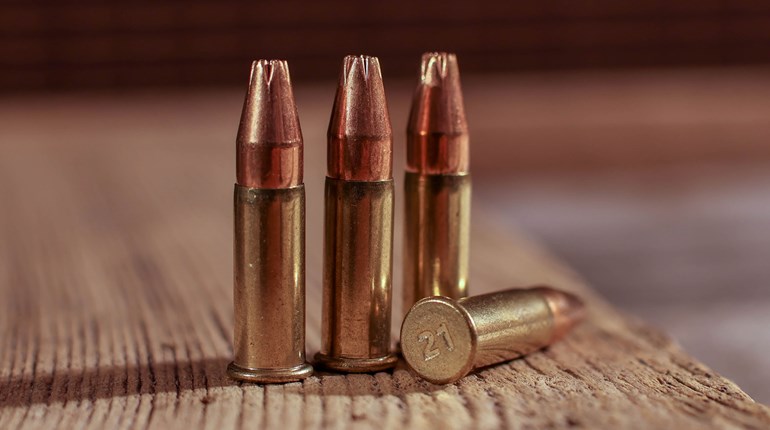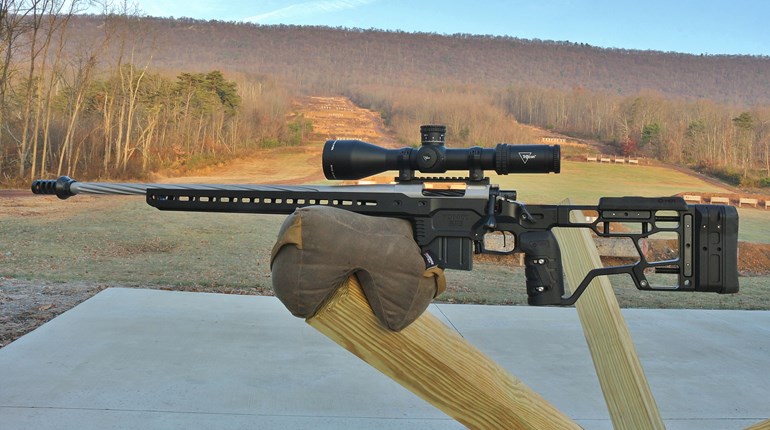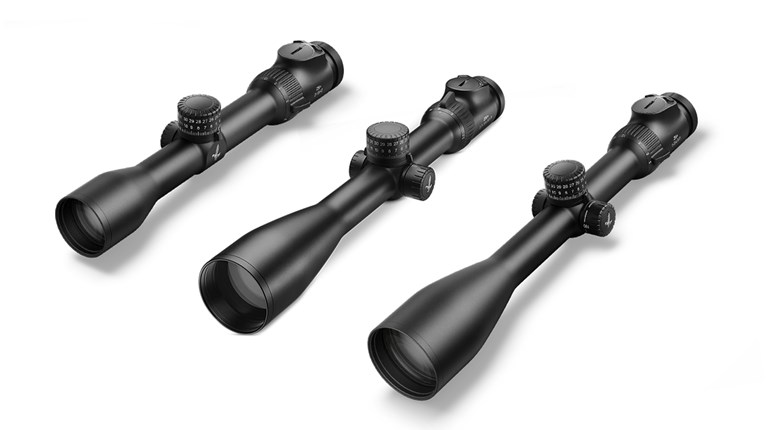
We spend a lot of time talking about the importance of being able to hit quickly and accurately with one’s defensive firearm. Almost as much time is spent discussing the combat mindset and our ability to recognize and avoid trouble whenever possible. Of equal importance, however, is knowing and understanding what the law says about when and where it is lawful to use deadly force, should that become necessary.
One of the things that makes an understanding of the law confusing is that it is often different from state to state. Our nation was founded as a union of states, and each state has great latitude in making laws that fit the judgment and standards of its citizens. This is especially true when trying to discuss the legal use of deadly force to a national audience.
For example, you could live in a state that allows you to carry a handgun in your vehicle as long as it is concealed. Your neighboring state, however, may have a similar law, but requires that the gun be in plain sight. We often go about our business without taking these sorts of things into consideration. But, make no mistake about it, you could be in serious trouble if you violate it, regardless of your intent. Believe me, “that’s how we do it back home” may not cut much ice with arresting officers or the courts.
In addition, a person’s ignorance of the law may turn a legal shooting into a nightmare. I recently heard about a home invasion where, by all accounts, the homeowner was justified in using deadly force to protect himself and his family. However, he used a gun that was not registered to him in a location that requires firearms be registered. At last account, he had been arrested and jailed for that violation. Regardless of how we might feel about the whole business of gun registration of any kind, that citizen might not be in jail if he had followed his local law and defended his home with a gun that met his state’s draconian criteria.
Another important consideration for the armed citizen is knowing whether or not your state, or the state you are visiting, has a requirement that you retreat, if possible, before using deadly force. If it does, what do the court cases say a reasonable effort to retreat actually is? How will you be expected to prove that you made a reasonable effort to avoid the confrontation? The time to answer those questions is now, not when the handcuffs are being placed upon your wrists.
In many states, carjacking is considered a form of armed robbery. That is, the criminal is using force, and possibly a weapon, to separate you from your vehicle against your will. It would be the same as if he had come into your store, stuck a gun in your face and was separating you from the money in your cash register.
However, I recently looked at a case where a man went into a convenience store and left his car running outside. The crook jumped in the car and tried to take off. The citizen, running back outside, fired several shots at the thief. Was this a robbery or a theft? Was a life being threatened by the criminal? Again, depending upon the location of the offense, the citizen might have been justified or he might have been in big trouble. While I hate a thief, I can only hope that the citizen knew the pertinent law and was following it.
Another area where the armed citizen might have trouble is the case where the armed crook either drops his weapon or turns to flee from the citizen. Is the citizen still in danger of losing their life? Is he or she still justified in applying deadly force? What does your state’s deadly force law say about such incidents?
I like those state statutes that say deadly force is permissible when a person is in immediate danger of losing their life or sustaining serious bodily injury. That permission is extended to protecting members of the immediate family under the same circumstances. However, to just say that I was in fear for my life is not enough. It is also important that whatever actions I took were reasonable under the circumstances. It is important to keep in mind that it may well be a judge and/or jury who decides how reasonable our actions may or may not have been.
You will notice that I have used purposely vague examples in this article and have not attempted to tell you what the law requires. That is because I am not qualified to tell you what your particular state law is and how it is interpreted by your courts. People on gun forums and other informal discussions can’t do that, either. I am merely raising questions that I hope you will seek answers to.
The smart move is to seek the advice of your district attorney or a criminal-defense lawyer who practices in your state and is well versed in the law regarding self-defense. If that sounds expensive or difficult, it would be an excellent idea to invite a qualified lawyer or prosecutor to speak at your gun club and answer questions. And it is even smarter to seek this advice before you are ever involved in a criminal attack.
Understanding the law and how it may be interpreted is another important defensive tool, one that is just as important as learning to use your defensive firearm.



































